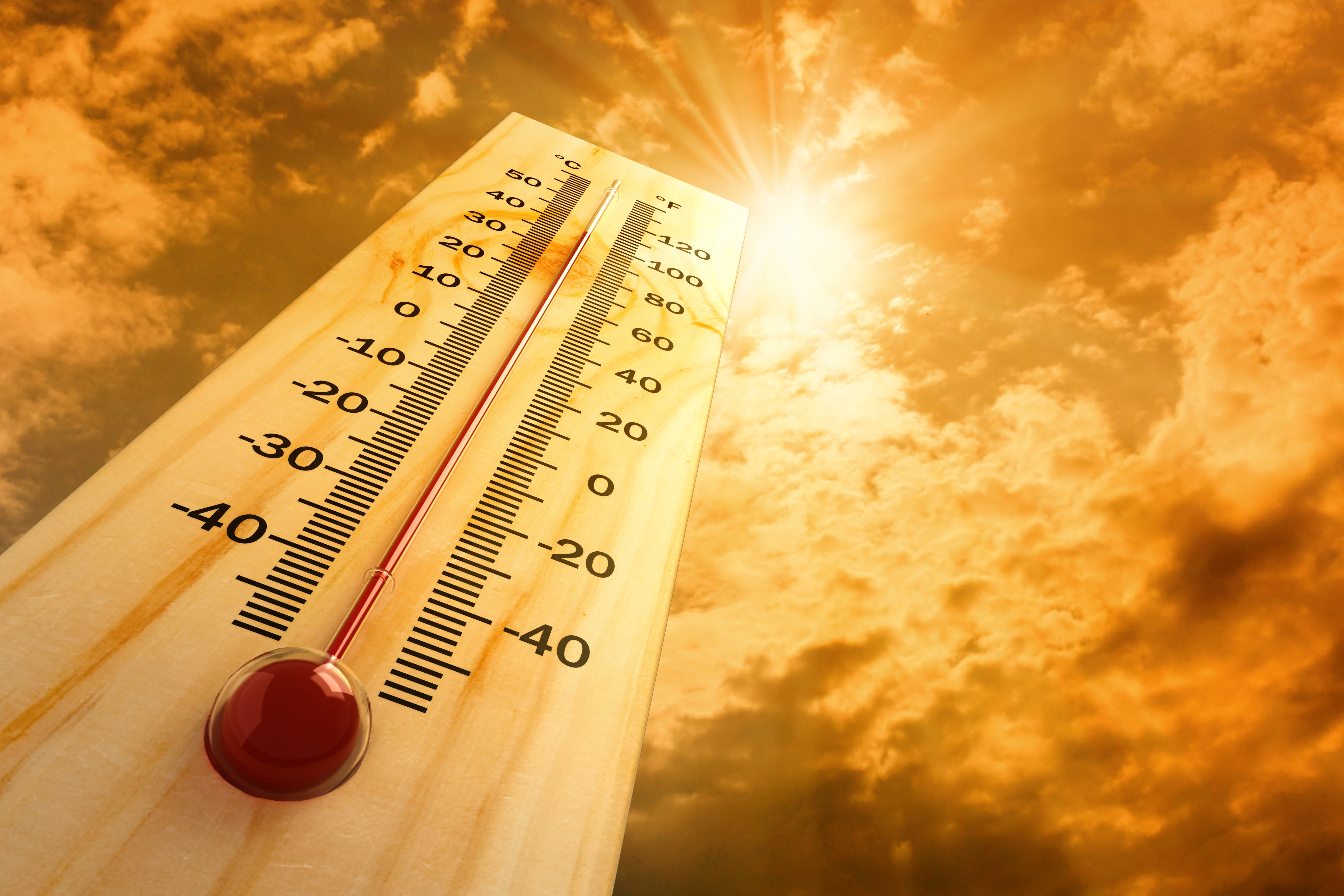
Beating the Heat: As Summer Winds Down - Preventing Heat-Related Workplace Injuries
As we move into the final stretch of summer, the temperatures are still soaring—and so is the risk of heat-related workplace injuries. For employers and employees alike, this is a critical time to stay vigilant. At IPMG, we’ve seen firsthand how heat stress can lead to serious workers’ compensation claims, especially in industries with outdoor labor or high-heat environments.
Common Heat-Related Workplace Injuries
Heat-related injuries can range from mild to life-threatening. Here are the most common ones we see in WC claims:
- Dehydration: Often underestimated, dehydration can impair judgment, reduce physical performance, and create an uptick in the risk of accidents.
- Heat Exhaustion: Signs can include heavy sweating, weakness, dizziness, nausea, and headache. If untreated, it can escalate quickly.
- Heat Stroke: A medical emergency. Body temperatures can soar above 104°F, leading to confusion, unconsciousness, or even death.
- Heat Cramps: Muscle spasms created by loss of salt and fluids during intense physical activity.
- Rhabdomyolysis: A serious condition involving muscle breakdown, often triggered by prolonged heat exposure and exertion.
Who’s Most at Risk?
- General Laborers
- Public Works Employees
- Highway Department Employees
- Law Enforcement or Fire Rescue Employees
- Even indoor employees in poorly ventilated or non-air-conditioned environments can be at risk.
Prevention is the Best Protection
Employers can take measures to reduce the risk of heat-related WC claims:
- Hydration Stations: Create easy access to water and encourage regular hydration breaks.
- Heat Acclimatization: Gradually increase workloads for new or returning workers.
- Shaded Rest Areas: Offer cool-down zones for outdoor workers.
- Training & Awareness: Educate employees on recognizing early signs of heat stress.
- Modified Schedules: Shift heavy labor to cooler parts of the day when possible.
What to Do If a Heat Injury Occurs
If an employee shows signs of heat-related illness:
- Move them to a cooler area immediately.
- Provide water and cool compresses.
- Call emergency services if symptoms are severe.
- Document the incident thoroughly for WC reporting.
Heat-related injuries are preventable, but they require awareness, preparation, and swift action. As a Claims TPA and Loss Control Expert, we are here to support you through every step of the workers' compensation process—from initial reporting to claim resolution and return-to-work strategies.
If you have questions about heat-related claims, need help reviewing your current safety protocols, or want to explore ways to reduce risk, don’t hesitate to reach out. Our team is here to help you navigate the heat safely and confidently.
Stay cool, stay safe—and contact us anytime at info@ipmg.com.


